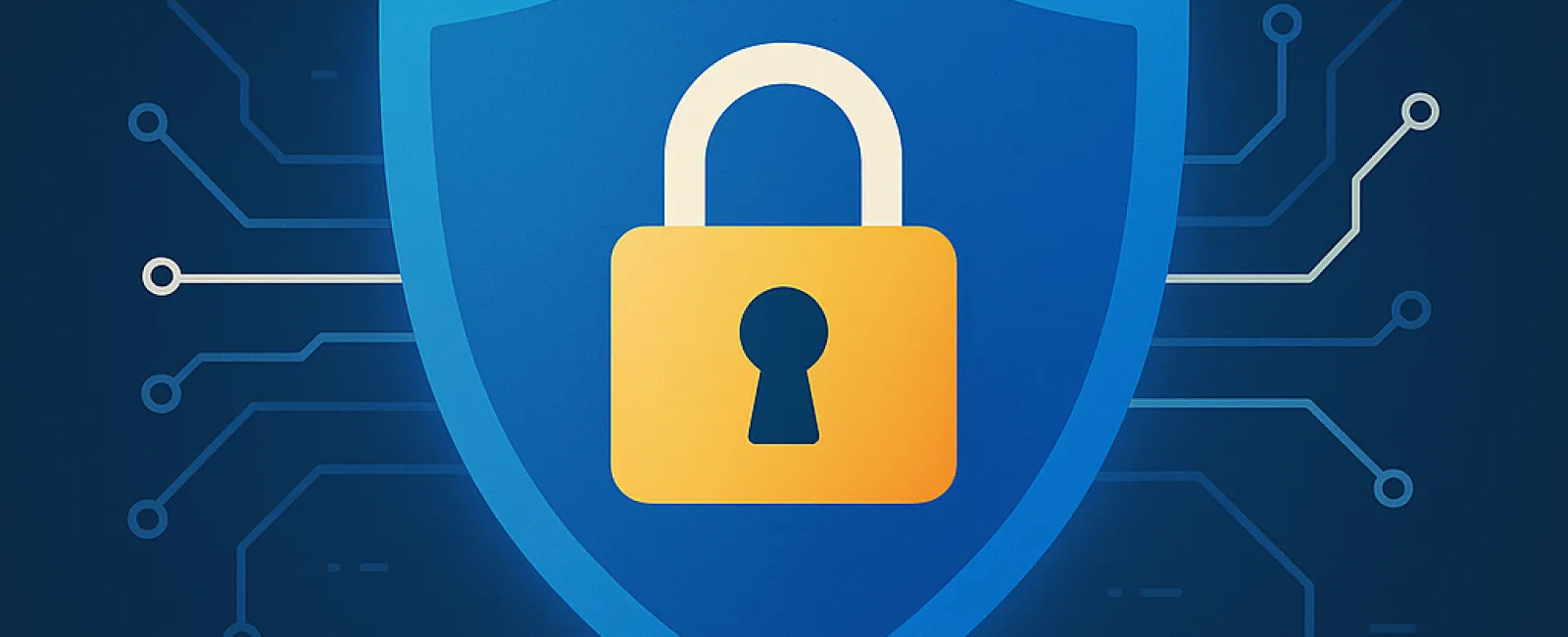October 06, 2025
October marks Cybersecurity Awareness Month, making it the ideal moment to evaluate how your business is defending against the most pressing digital threats of today.
The truth is, the majority of cyberattacks don't stem from highly skilled hackers. Instead, they often result from careless everyday behaviors—such as employees clicking malicious links, neglecting software updates, or reusing compromised passwords from previous breaches.
The encouraging news? Small, consistent changes in your daily cybersecurity practices can create substantial protection. Here are four essential cybersecurity habits every organization should implement:
1. Communication
Cybersecurity must become a shared conversation, not a concern solely for IT teams. Regularly engage your staff in discussions about potential threats and prevention strategies. For example:
- Deliver brief reminders during team meetings on identifying phishing emails.
- Share timely updates about new scams targeting your industry to heighten awareness.
When security awareness integrates seamlessly into daily dialogue, it shifts from being an extra duty to a natural practice.
2. Compliance
All businesses must adhere to relevant regulations—whether it's HIPAA for healthcare, PCI standards for payment security, or safeguarding sensitive customer data. Compliance goes beyond avoiding penalties; it upholds your business's trustworthiness.
Even if your industry isn't heavily regulated, customers expect their information to be protected. Failure to comply can damage your reputation and financial health. Key actions include:
- Regularly reviewing your policies to ensure alignment with current laws.
- Documenting training sessions and system maintenance diligently.
- Making compliance a collective responsibility rather than an IT-only task.
3. Continuity
Consider this: If your business systems fail tomorrow, how quickly can operations resume? Continuity planning is crucial. Always ensure:
- Automatic and frequent backups that are tested regularly.
- Established procedures for responding to ransomware or other disruptions.
- Practicing recovery processes to be prepared before a crisis hits.
Even performing a simple test, such as restoring a critical file, validates the effectiveness of your recovery strategy.
4. Culture
Your employees represent the frontline defense in cybersecurity. Cultivating a security-first culture encourages strong cyber habits as an everyday standard. Implement these steps to foster such an environment:
- Promote the use of robust, unique passwords or better yet, password management tools.
- Mandate multifactor authentication (MFA) on all eligible accounts.
- Acknowledge and reward staff who successfully detect phishing attempts, reinforcing positive behavior and teamwork around security.
When security becomes a collective goal, your entire team enhances your business's resilience.
Security Is Everyone's Responsibility
Cybersecurity Awareness Month is a powerful reminder that securing your business goes beyond technology—it's about empowering your people. By embedding solid habits in communication, compliance, continuity, and culture, you're not just mitigating risks, but creating a vigilant and secure workplace every day.
Ready to Turn These Principles Into Practice?
Use Cybersecurity Awareness Month to assess your defenses and equip your team with the knowledge to identify and handle critical threats proactively. Don't wait for a breach to prompt action.
Click here or call us at 877-310-0123 to schedule your free 15-Minute Discovery Call today and let us support you in fostering a cyber-savvy culture in your organization.





